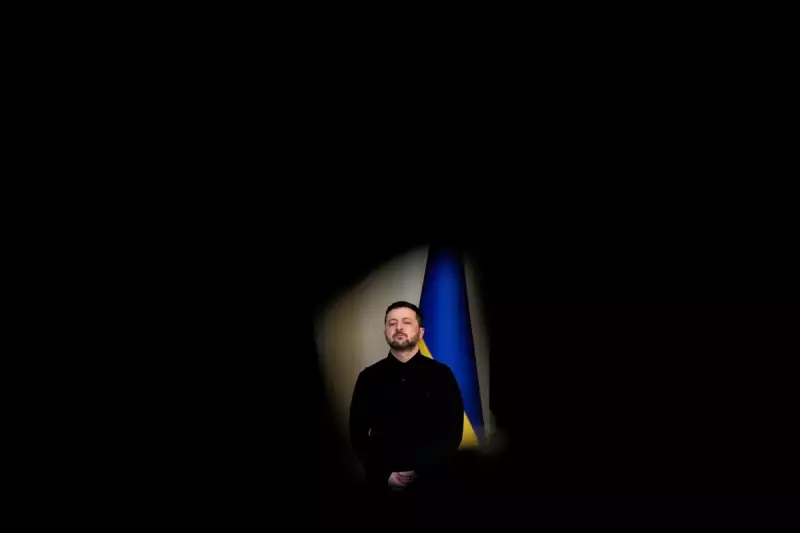
The United States has launched a decisive strike against a sophisticated Russian disinformation network that was systematically spreading Kremlin propaganda across Europe, targeting politicians and manipulating public opinion about the Ukraine conflict.
Sophisticated Propaganda Machine Uncovered
According to the US State Department, this was no amateur operation. The network utilised an elaborate web of fake websites designed to mimic legitimate European news outlets, creating a veneer of credibility for their fabricated content. These platforms became conduits for pushing pro-Russian narratives while attacking Western support for Ukraine.
European Leaders in the Crosshairs
The disinformation campaign specifically targeted prominent European politicians who have been vocal supporters of Ukraine. Among those singled out was Estonian Prime Minister Kaja Kallas, who has emerged as one of Moscow's most outspoken critics. The operation sought to undermine her credibility and weaken her political standing through coordinated smear campaigns.
Washington's Multi-Pronged Response
The Biden administration has responded with a comprehensive approach:
- Disruption of digital infrastructure: Taking down key websites and social media accounts used by the network
- Sanctions against operatives: Targeting individuals directly involved in the propaganda efforts
- Public exposure: Naming and shaming the operation to alert European allies
- Enhanced monitoring: Increasing surveillance of similar disinformation activities
Broader Pattern of Russian Interference
This latest action reveals the continuing sophistication of Russia's information warfare capabilities. Despite international condemnation and previous sanctions, Moscow has continued to refine its methods for influencing foreign elections and shaping European political discourse.
"This isn't just about spreading false stories," explained a senior State Department official. "It's about creating division within NATO countries, weakening support for Ukraine, and ultimately changing policy decisions through manipulation rather than legitimate debate."
Implications for European Security
The exposure of this network comes at a critical moment as European nations debate continued military and financial support for Ukraine. Security experts warn that such disinformation operations represent a direct threat to democratic processes and require coordinated international response.
European intelligence agencies are now working closely with US counterparts to identify and neutralise similar operations before they can influence upcoming elections and policy decisions across the continent.





